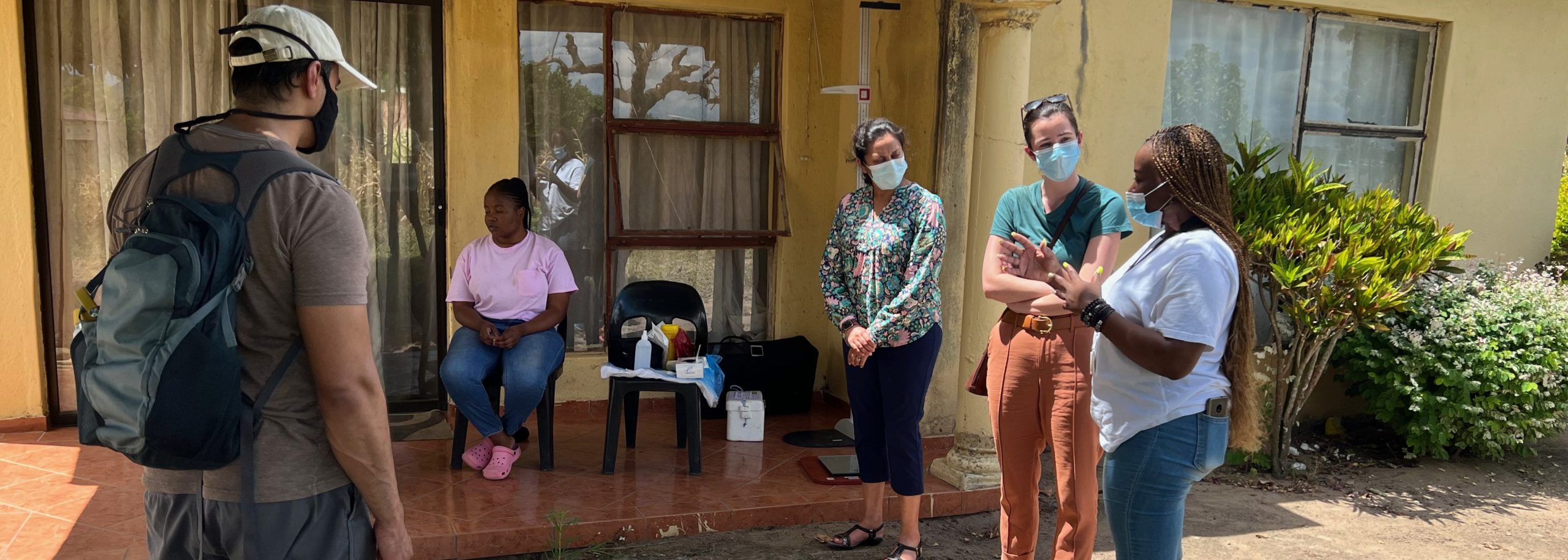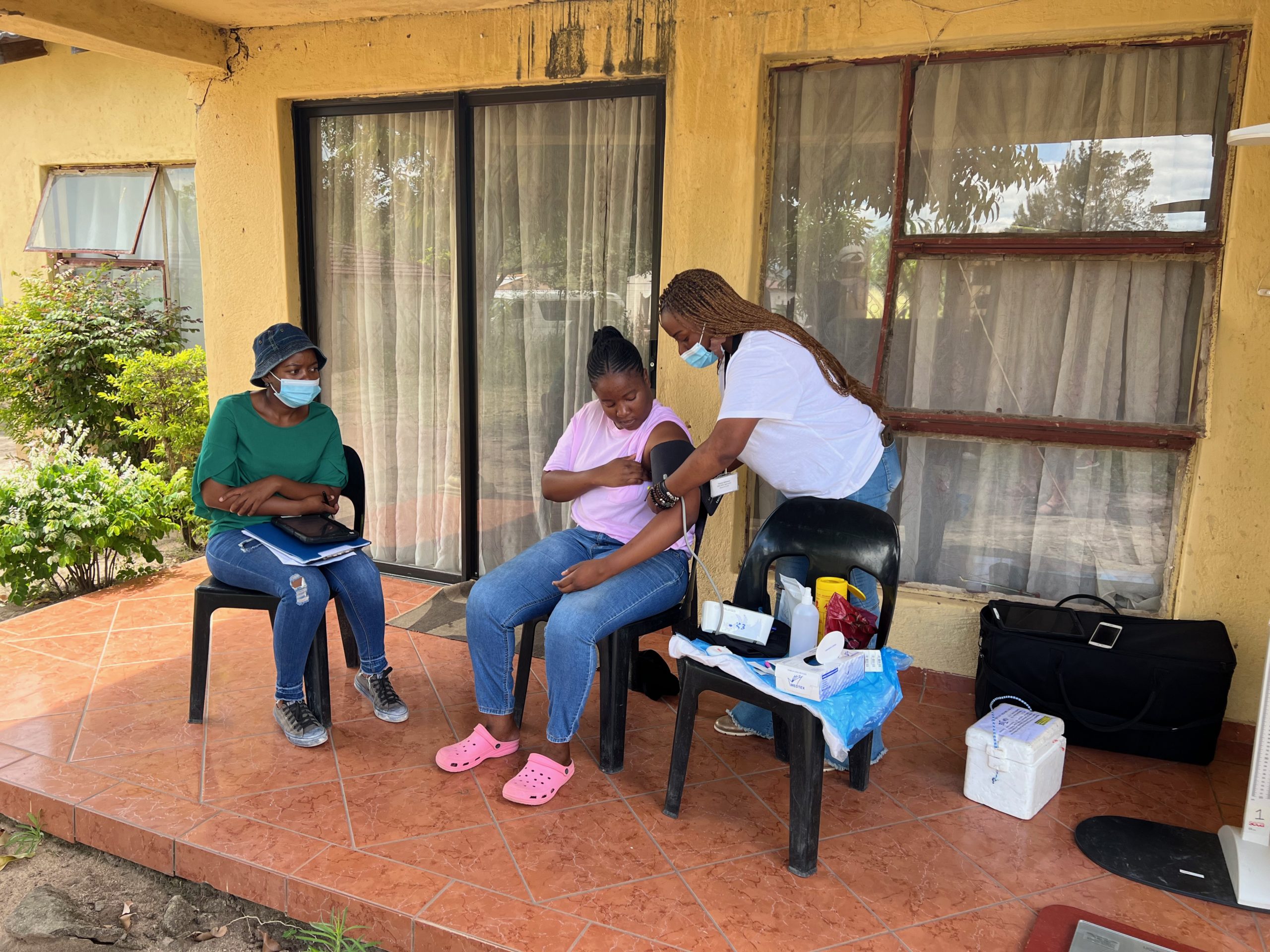Published: 07/18/2022
Stanford’s exceptional ecosystem of talented researchers is an ideal place to incubate lifesaving innovations, but still requires initial funding to bring these ideas to fruition. For the past 10 years, Stanford’s Center for Innovation in Global Health has been providing funding to early-stage research projects in global health with our annual Global Health Seed Grant awards. Through partnerships with funders on and off campus, we have funded 79 grants to date, catalyzing careers and new initiatives, building much-needed bridges between wide-ranging disciplines, and often generating follow-on funding for a growing portfolio of new ventures.
Today we are proud to announce a record 14 new seed grants, each of which tackles an emerging threat to global health, and each with the potential to one day save human lives and improve health equity. The number of grants awarded this year is a testament to the quality and quantity of excellent proposals we received, and we thank everyone who applied.
These projects would not be possible without the generosity of our funders, each of whom sees the importance of funding multi-disciplinary teams to generate new global health solutions. These include the Sean N. Parker Center for Allergy and Asthma Research, the Stanford Medicine Department of Emergency Medicine, the Maternal & Child Health Research Institute, the Woods Institute for the Environment, Stanford Center for Asian Research and Education, Stanford Department of Ophthalmology, Stanford Health Care, and Stanford Surgery. Without their support, lifesaving research that targets overlooked and marginalized populations around the world would not be possible.
We invite you to read on via the links below and learn about each of these diverse and exciting projects —and their great potential for impact and change.
Assessing Salmonella Typhi contamination of water in urban settings of Liberia
Principal investigators: Seth Ari Sim-Son Hoffman, Stephen P. Luby, Jason Andrews, Alexandria Boehm
Community group model building to identify systemic barriers and facilitators of postpartum depression care delivery for the floating population in Shanghai
Principal investigators: Gary Darmstadt, Carmen Lee
Funders: Stanford Center for Innovation in Global Health, Stanford Center for Asian Research and Education
Community responses and the impact of the COVID-19 epidemic in indigenous communities in Mexico
Principal investigators: Alberto Diaz-Cayeros, Beatriz Magaloni
Effects of improved oxygen management practices and technology on management of retinopathy of prematurity in sub-Saharan Africa
Principal investigators: Sarthak Shah, Scott Lambert
Healthy Schools – diabetes awareness and prevention education in India
Principal investigator: S.V. Mahadevan
Co-PIs: Latha Palaniappan, Nalini Saligram
Impact of Economic Sanctions on Maternal and Child Health
Primary investigators: Paul H. Wise, Ruth M. Gibson
Contributors – Aleksandra Kirilakha, Maja Pleic, Alexa Hui, Sebastien Bradley, Constantinos Syropoulos, Yoto Yotov
Funders: Stanford Maternal & Child Health Research Institute, Stanford Center for Innovation in Global Health
Implementing a quality assurance program for Point-of-Care Ultrasound in Rwanda
Principal investigators: Michelle Feltes, Enoch Obeng, Patrick Lanter
Funders: Stanford Emergency Medicine
Implementation of the ENTRUST platform for global surgical education and high-stakes assessment in low- and middle-income countries (LMICs)
Principal investigators: Dana T. Lin; Cara A. Liebert
Funders: Stanford Department of Surgery
Improving healthcare resiliency by enhancing natural ventilation in Liberian healthcare facilities
Principal investigators: Jorge Salinas, Thomas Michael Baer
Intermittent preventive treatment for malaria in pregnancy: a potential child growth intervention?
Investigators: Jade Benjamin-Chung, Prasanna Jagannathan, Abel Kakuru
Funders: Stanford Maternal & Child Health Research Institute, Stanford Center for Innovation in Global Health
Local Voices Network: Pilot of an intervention for supporting youth and elders with ecoanxiety in Nigeria, US, UK
Principal investigators: Britt Wray, Daryn Reicherter
Reducing spread of COVID-19 in households through low-cost ventilation/filtration devices; N95 respirators; and a safer-home checklist
Principal investigator: Abraar Karan
Team: Steve Luby; Vivian Levy; Priscilla Romero; Jorge Salinas; Lynn Hildemann
Scaling sanitation to safeguard human and planetary health: designing, evaluating, and deploying urine separation and treatment
Primary investigators: William Tarpeh, David Lobell
Funders: Stanford Center for Innovation in Global Health, Stanford Woods Institute for the Environment
Social-ecological connections between seafood borne disease and food security in the central Pacific
Primary Investigators: Fiorenza Micheli, Christopher Knight, Jacob Eurich, Christopher Golden, Larry Crowder
Hero Image Caption: As part of a gut microbiome research project co-led by Dr. Ami Bhatt, launched with help from a Global Health Seed Grant, a field worker discusses considerations and challenges of field visits and sample collection during a house visit in Agincourt village within the Bushbuckridge municipality, South Africa.
Photo Credit: Floidy Wafawanaka

